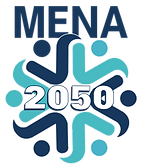Unlocking the Untapped Power of Heritage Tourism in the MENA Region

The Middle East and North Africa (MENA) region holds a rare and extraordinary position in the global cultural landscape. As the cradle of civilization and the birthplace of major world religions, MENA is home to a breathtaking diversity of historic sites—many of which remain unknown, underfunded, or left out of the world’s tourism imagination. These places are not simply forgotten; they are waiting—waiting for vision, investment, and above all, a regional effort to turn memory into movement.
Today’s global travelers seek more than just luxury or relaxation — they search for meaning, connection, and authenticity. This shift presents a major opportunity for the region. From the ancient cities buried under desert sands to the lesser-known mountain monasteries, caravanserais, and Roman ruins, the MENA region offers stories the world is eager to hear. But many of these sites are not accessible.
They’re not promoted in international campaigns. Some don’t even have a road leading to them or signage explaining their significance. The barrier is not one of interest, but of integration. The assets exist — they simply haven’t been positioned as a strategic priority.
The underdevelopment of cultural tourism is not merely an oversight. It reflects deeper systemic issues: fragmented tourism policies, short-term thinking, and a persistent global narrative that frames the region through the lens of instability. While some parts of MENA face real political challenges, others are safe, vibrant, and ready for visitors. Still, outdated perceptions persist, often reinforced by media coverage that overlooks the region’s cultural richness and human diversity.
This perception gap is not just harmful — it’s costly. It keeps local communities from benefiting from sustainable tourism economies. It leaves behind generations of young people who could be working as local guides, heritage site curators, artisans, or digital storytellers. It also allows the world to continue forgetting the profound role the region has played — and continues to play — in shaping human civilization.
The real tragedy is not that the stories aren’t there. It’s that they haven’t been told well, or together. A siloed, national approach to tourism has prevented the region from harnessing its full collective power. But what if that changed? What if countries collaborated on cross-border heritage initiatives — recreating ancient trade routes as cultural corridors, connecting coastal cities through shared Mediterranean histories, or linking Islamic, Christian, and Jewish sites into pluralistic narratives of coexistence?
This would not be charity. It would be a strategy.
When thoughtfully designed, tourism is a tool for diplomacy, resilience, and regional integration. It creates jobs, supports small businesses, empowers women, and builds bridges between cultures. It also fosters a sense of pride in one’s past, especially when local communities are not just passive observers but active participants in shaping how their stories are told.
Heritage tourism, however, must evolve. It cannot be limited to static monuments and dusty museums. It must engage with innovation, education, and digital platforms. Universities, youth-led startups, and creative industries should be central in this reimagining.
The region can reach a broader and more diverse global audience by developing immersive experiences, virtual tours, and multilingual narratives — from schoolchildren to scholars, spiritual seekers to sustainability advocates.
The path forward is clear.
The region’s vast cultural memory is not just an economic opportunity — it’s a geopolitical advantage.
Soft power today is not only built through embassies, but through storytelling. And some of the greatest storytellers may be the very places that are overlooked: ruins on a hilltop, mosaics beneath the sand and languages carved into stone.
MENA2050 Gathering at Château d’Ermenonville in France: Advancing Regional Solutions for Food and Water Security

This past weekend, MENA2050 convened a select group of members from across the Middle East and North Africa at the historic Château d’Ermenonville in France. The meeting’s focus was twofold: to deepen regional cooperation around food and water security and to explore innovative approaches to tackling these interlinked challenges at a time of escalating climate and geopolitical uncertainty.
Set in an atmosphere of reflection and forward thinking, the gathering opened with a strategic conversation on water security, a core challenge with profound cross-border implications. The session featured in-depth discussions on sustainable water management, shared resource governance, and the role of technology and diplomacy in preventing future water conflicts.
The second day of the conference focused on food security in the MENA region. Participants exchanged experiences and best practices—from scaling regenerative agriculture and climate-smart farming to building stronger policy ecosystems that support local innovation and sustainability.
Then, the conference focused on a case study of the Food-Water-Energy nexus.
Throughout the gathering, participants emphasized the urgency of translating dialogue into action. The weekend featured breakout sessions dedicated to building actionable pilot initiatives, identifying potential regional collaborations, and surfacing opportunities for multilateral engagement.
The serene and historic setting of Château d’Ermenonville provided a powerful backdrop for honest exchange, trust-building, and strategic alignment. The conversations were candid, focused, and infused with a spirit of mutual respect and shared responsibility.
We are deeply grateful to all those who took part in this important meeting. Your insights, energy, and commitment helped shape a meaningful step toward building a more resilient and cooperative future for the MENA region.
MENA2050 remains dedicated to fostering these types of high-trust, high-impact conversations—and to supporting concrete efforts that bridge borders and deliver solutions where they are most needed.
France and MENA2050: Shared Visions for Regional Cooperation

As part of our ongoing effort to deepen dialogue and cooperation between Europe and the MENA region, MENA2050 CEO Eli Bar-On held a series of high-level meetings in Paris this month with senior French officials and thought leaders. These meetings were made possible thanks to the kind support of Ms. Valérie Hoffenberg, MENA2050’s Special Representative in Paris.
Among the highlights was a private and insightful conversation with former French President Nicolas Sarkozy, who shared his unique perspectives on regional diplomacy and strongly supported MENA2050’s mission to foster a more stable and integrated MENA region. President Sarkozy offered valuable advice and encouragement, emphasizing the need for visionary leadership and long-term cooperation. He also generously offered his assistance in advancing MENA2050’s goals.
The CEO also met with Benjamin Haddad, France’s Minister Delegate for European Affairs. Their forward-looking exchange centered on the shared opportunities and challenges facing Europe and the MENA region. They discussed the importance of inclusive partnerships, practical solutions for regional development, and specific initiatives MENA2050 is promoting to strengthen ties between the EU and the MENA region.
At the Élysée Palace, Mr. Bar-On met with Anne-Claire Legendre, the French Envoy to the MENA region. Their discussion focused on concrete avenues for collaboration between France and MENA2050, including joint projects to advance regional integration, economic growth, and innovation.
These Paris engagements represent another meaningful step in building bridges between France and the wider MENA region through MENA2050. We are deeply grateful to our French partners for their openness and shared commitment to positive transformation and look forward to continuing our joint action.
Eli Bar-On, CEO of MENA2050, Represents MENA2050 at the 2025 Lennart Meri Conference

From May 16–18, Eli Bar-On, CEO of MENA2050, participated in the 18th Lennart Meri Conference (LMC) in Tallinn, Estonia – one of Europe’s leading forums on foreign and security policy. Representing MENA2050, Eli spoke on a high-level panel titled “The Axis of Upheaval and Its Impact on Global Power Politics,” addressing the strategic realignments among Russia, China, Iran, […]
Khaldoon Bakahail
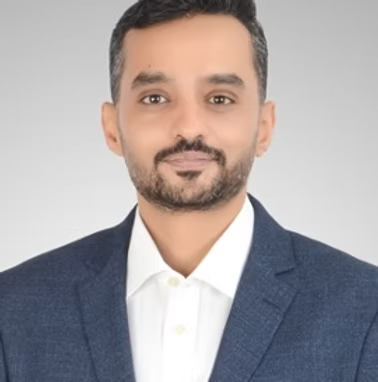
Yemen
Yemen
Before co-founding RSAI, Red Sea Analytics International, Khaldoon Bakahail was with the Yemeni government where he held senior positions across four ministries. He is a senior advisor on security sector reform for the Geneva-based Center for Security Sector Governance (DCAF)and country coordinator for Yemen . In his position at DCAF, Khaldoon has designed and facilitated high-level dialogues between multiple regional and local actors in Yemen’s ongoing conflict. He routinely advises ranking government officials, the UN, and leading NGOs on security and political issues in Yemen and the broader region. Khaldoon is a participant in the T-20/ G-20 Global Solutions Initiative. He is also an alumni of the Near East South Asia Center for Strategic Studies and an active member of the Nobel Prize winning Pugwash Conferences on Science and World Affairs.)
Ismaeel Elnasri
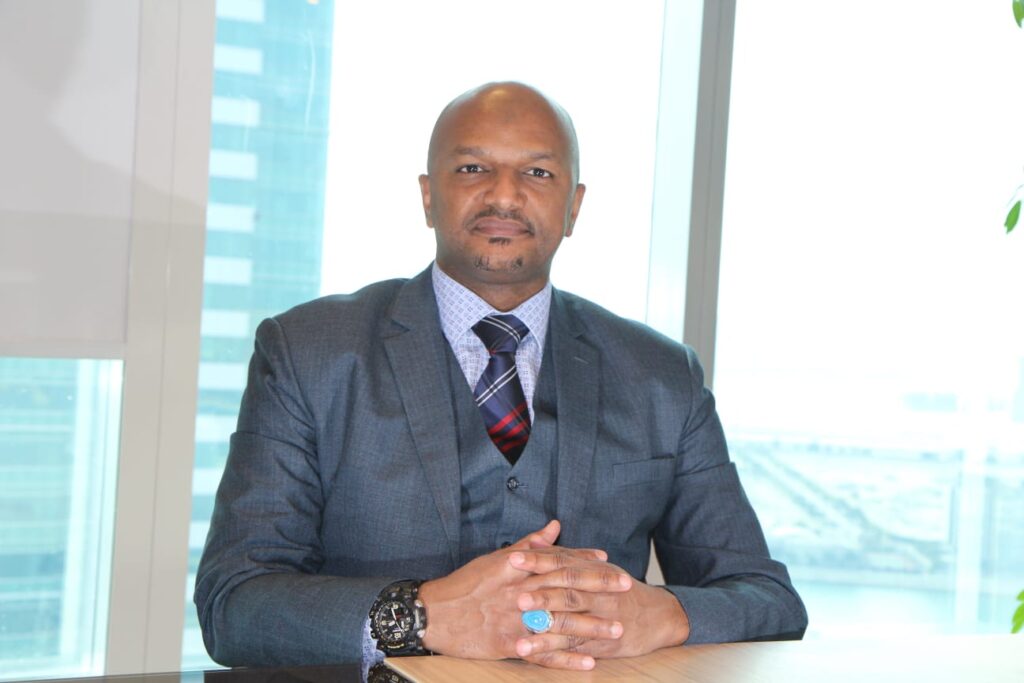
Sudan
Sudan
Ismaeel Elnasri is a seasoned legal professional and board secretary, holding associate membership in the Chartered Institute of Arbitrators (CIArb-UK). He is also a certified mediator and a Certified Sharia Advisor and Auditor (CSAA), possessing over 20 years of experience in investment banking, Islamic banking, retail banking, finance, corporate law, labor law, real estate, and construction. His career includes extensive legal experience throughout the GCC and MENA regions. Since 2004, he has served in senior executive positions with prominent banking and financial institutions in Bahrain and Qatar. Mr. Elnasri holds a Bachelor of Laws (LLB) from Sudan and is a registered lawyer with the Sudanese Ministry of Justice.
Micky Rozin Aharonson

Israel
Israel
Micky Rozin-Aharonson is a director at an international foundation and a research fellow at the Dayan Center for Middle Eastern Studies at Tel Aviv University.
She served as the Chief of Staff and foreign policy adviser to the Minister of Transport. Previously, she was a senior research fellow at the Jerusalem Institute for Strategy and Security (JISS), specializing in national security, international relations, and diplomacy.
Her recent writings focused on international involvement, mainly Russia and FSU countries, in the Middle East and the impact on Israel’s national security and regional developments, such as Russia’s role in the Middle East.
Before joining JISS, she concluded nearly a decade of service at the National Security Council in the Israeli Prime Minister’s Office as Senior Director of the Diplomatic Secretariat.
In this role, she was responsible for managing the international relationships of the Prime Minister’s National Security Advisor, including with foreign NSCs and diplomats.
She regularly prepared policy recommendations for the Prime Minister and the National Security Advisor on regional and international affairs.
Micky frequently appears in the media as a commentator on international relations and the Middle East.
Sara Bazoobandi
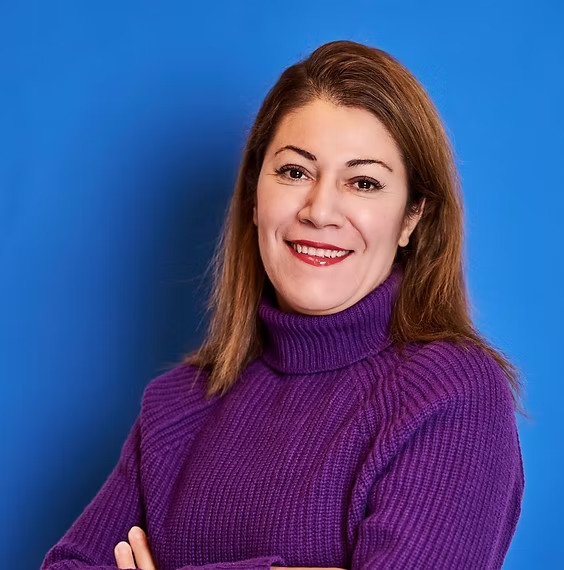
Iran
Iran
Sara Bazoobandi is a non-resident research fellow at the Institute for Security Policy of Kiel University in Germany. She was previously a Marie Curie fellow at the German Institute of Global and Area Studies working on Iran’s economic diversification and economic resilience strategies. Additionally, she is a non-resident fellow at Arab Gulf States Institute in Washington, and ISPI in Milan. Over the past decade, she has worked as a consultant for various global clients in both public and private sector. Between 2013 and 2018, she was a senior lecturer in international political economy at Regent’s University London. Prior to that, she was a scholar at the Middle East Institute of the National University of Singapore.
She was an associate fellow at the MENA program of the Royal Institute of International Affairs, Chatham House, from 2013-16, and was appointed a member of the Global Agenda Council of the World Economic Forum on the Middle East and North Africa for 2014-2016. Sara has been a fellow at Higher Education Academy in the United Kingdom since 2015.
She holds a PhD in Arab and Islamic studies from Exeter University, an MSc in economic development in emerging markets from the University of Reading, and speaks Persian, English, German, and Arabic. Her current research interests are political economy, security and foreign policy of MENA, Iran, Information Wars, critical discourse analysis, and China-MENA relations.
Yassine Achahrar
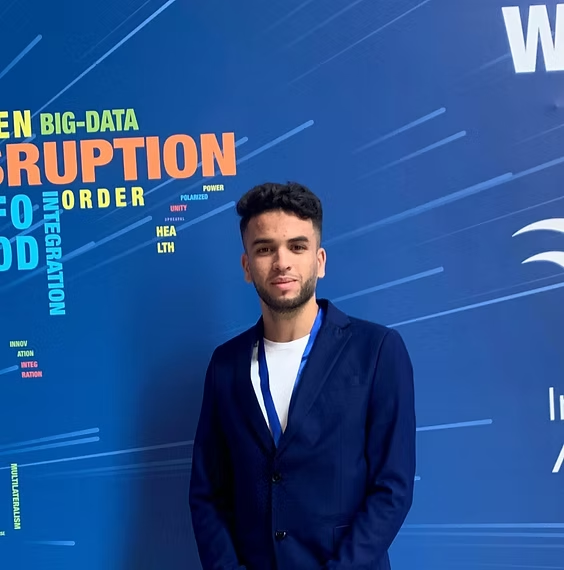
Morocco
Morocco
Yassine ACHAHRAR is an entrepreneur and sustainability advocate dedicated to creating impactful business ventures. He is the Founder of GreenTreks, a sustainable travel initiative that promotes eco-tourism, cultural exchange, and community-driven experiences across Morocco. Through GreenTreks, he designs innovative travel solutions that benefit both travelers and local communities.
With a strong background in sales, marketing, and business development, Yassine currently serves as a Sales Manager at Pyxeli Agency, where he helps startups and businesses optimize their digital presence and growth strategies. His expertise spans CRM systems, client acquisition, and strategic partnerships.
As a UM6P Explorer Program Participant, Yassine collaborates with MIT Sandbox Innovation Fund to foster entrepreneurship and innovation. He is also a Founder Institute participant, further developing his leadership and startup-building skills.
Yassine is multilingual, speaking English, French, Arabic, Amazigh, and basic Chinese, which enhances his ability to navigate global markets and cross-cultural collaborations. He is also pursuing Salesforce Administrator certification to strengthen his CRM and data management expertise.
His long-term vision includes expanding GreenTreks internationally, scaling his entrepreneurial ventures, and pursuing a master’s degree in Business Administration or International Relations. A results-driven leader, Yassine thrives on innovation, sustainability, and strategic collaboration to drive meaningful change in business and society.
Hazem Alghabra
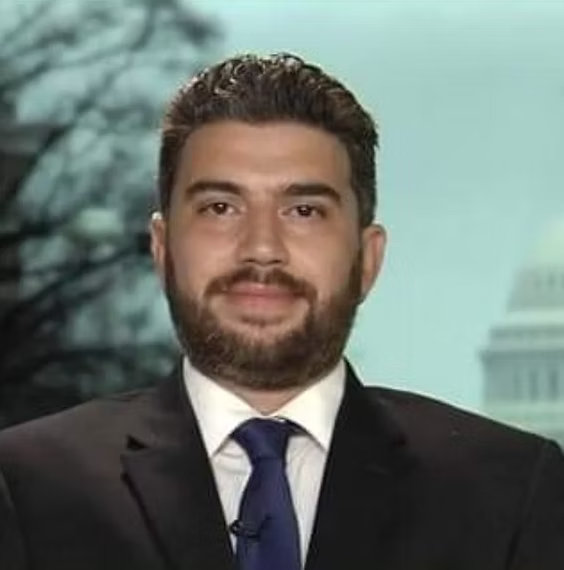
Syria, USA
Syria, USA
Hazem Alghabra, born in Damascus Syria, is the founder and president of Frontiers Consultants, a Washington DC-based consultancy firm that provides public relations and crisis management solutions with a focus on the Middle East and the United States. Prior to starting his firm, Alghabra held multiple positions with the U.S. Department of State including senior advisor for public affairs at the Bureau of Near Eastern Affairs. Alghabra provides daily insight and analysis as a commentator on a vast array of television stations including i24, Keshet, Alarabyia, Sky News, BBC, and Alsharq-Bloomberg. Alghabra is also the North America partner for the Israel-based Jerusalem Center for Security and Foreign Affairs.
